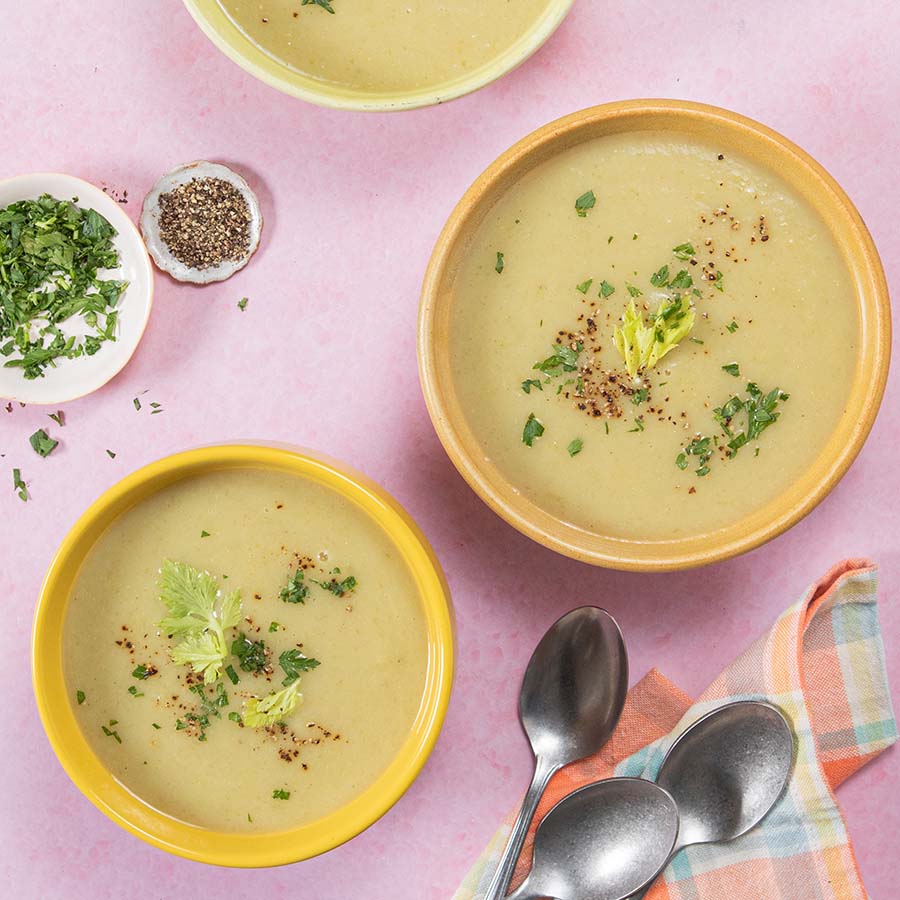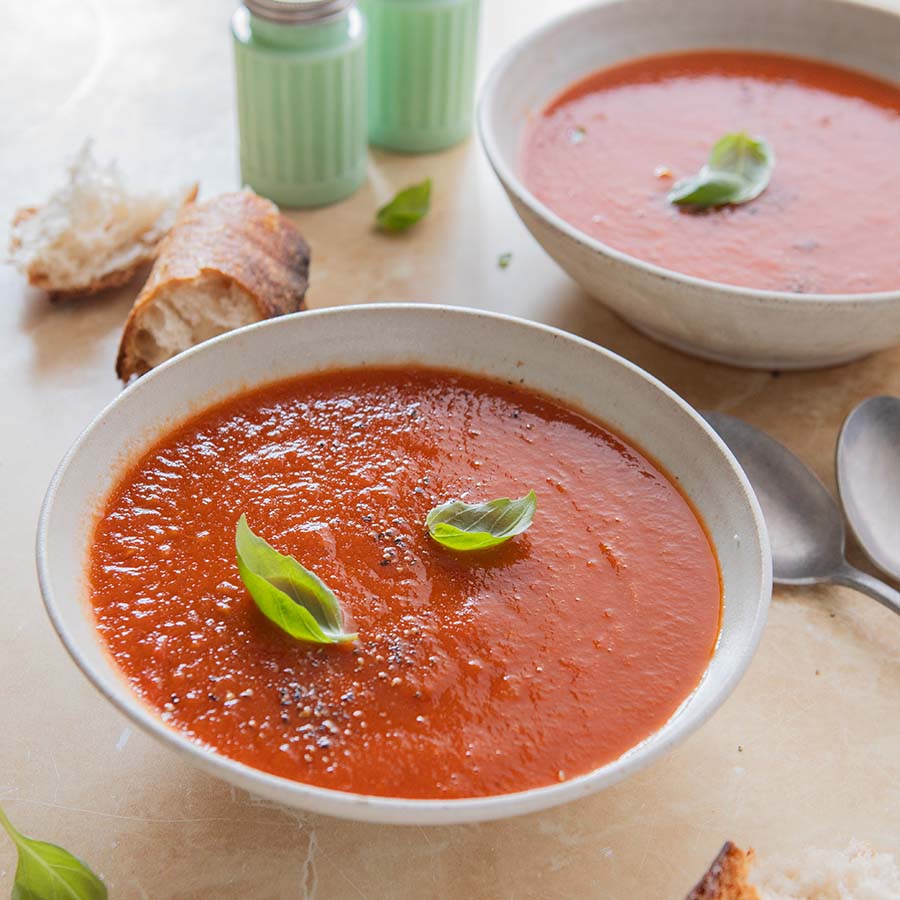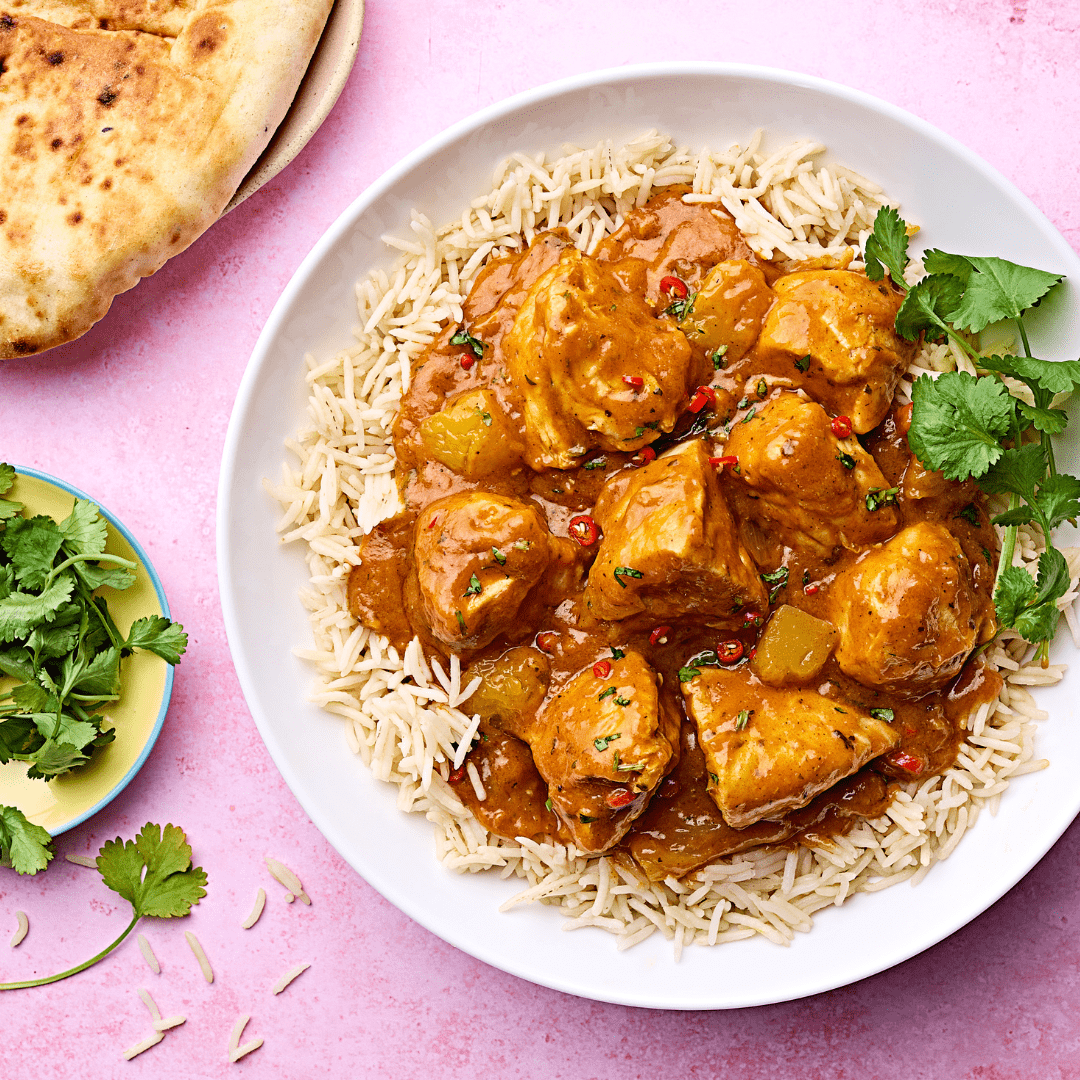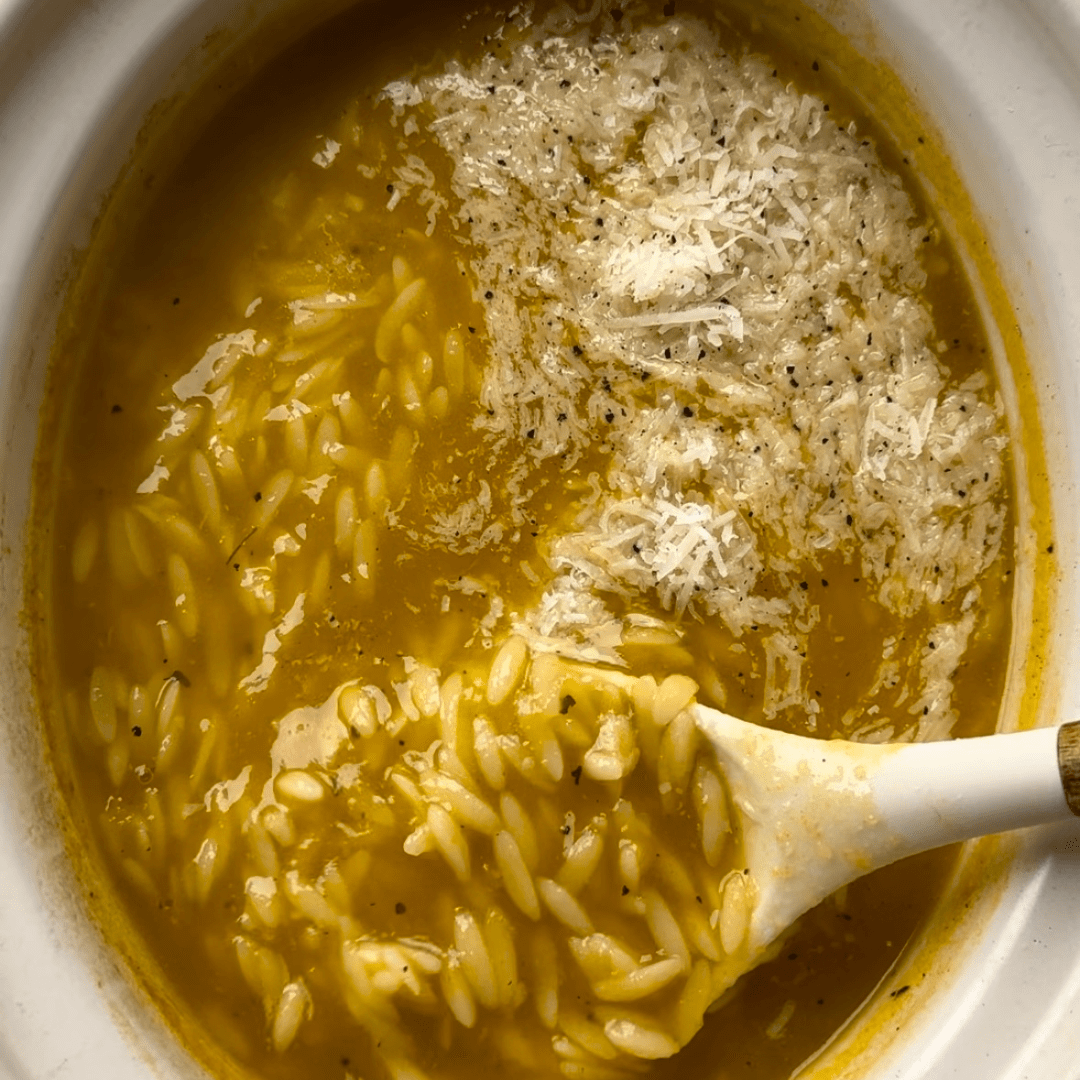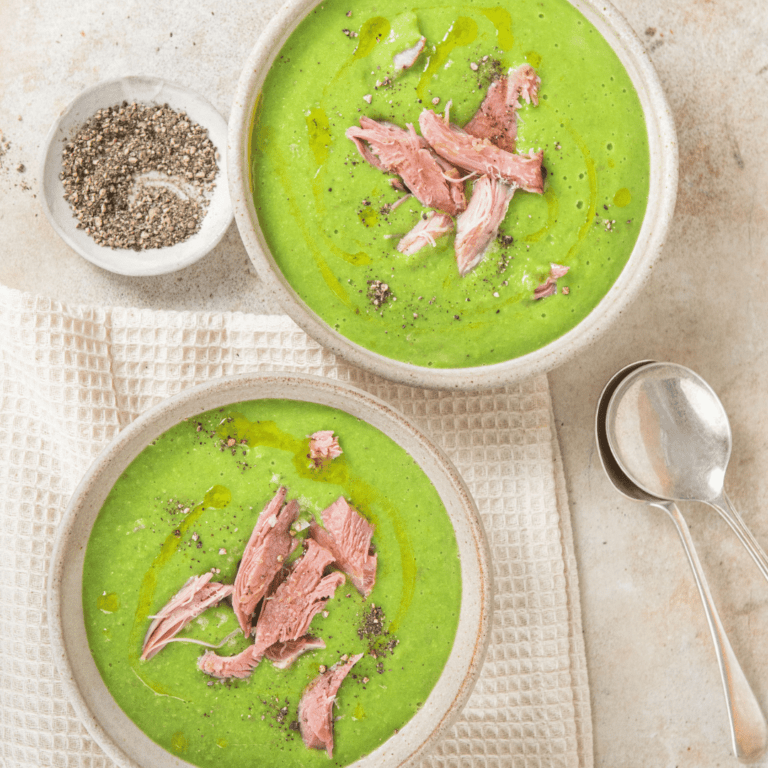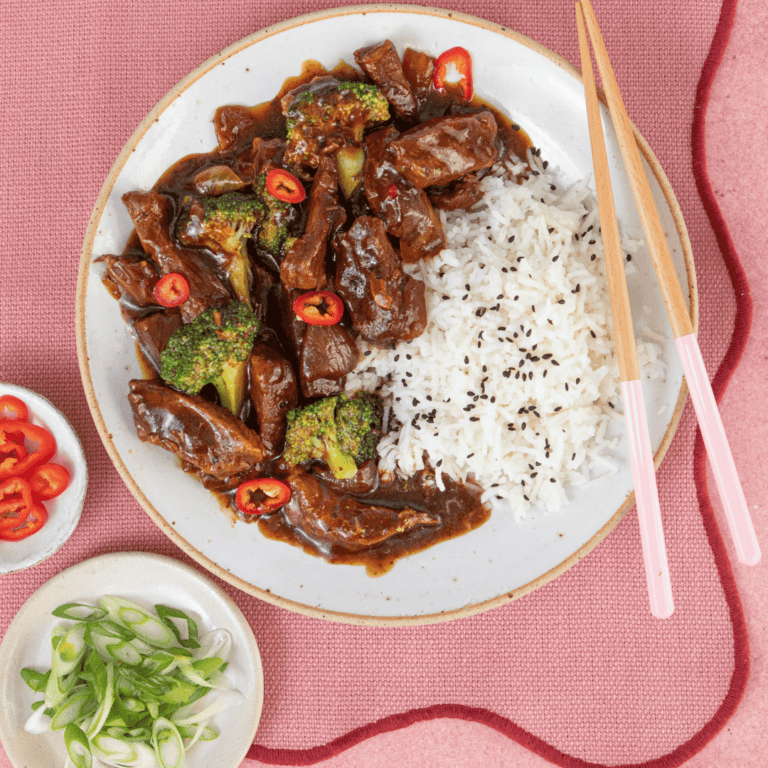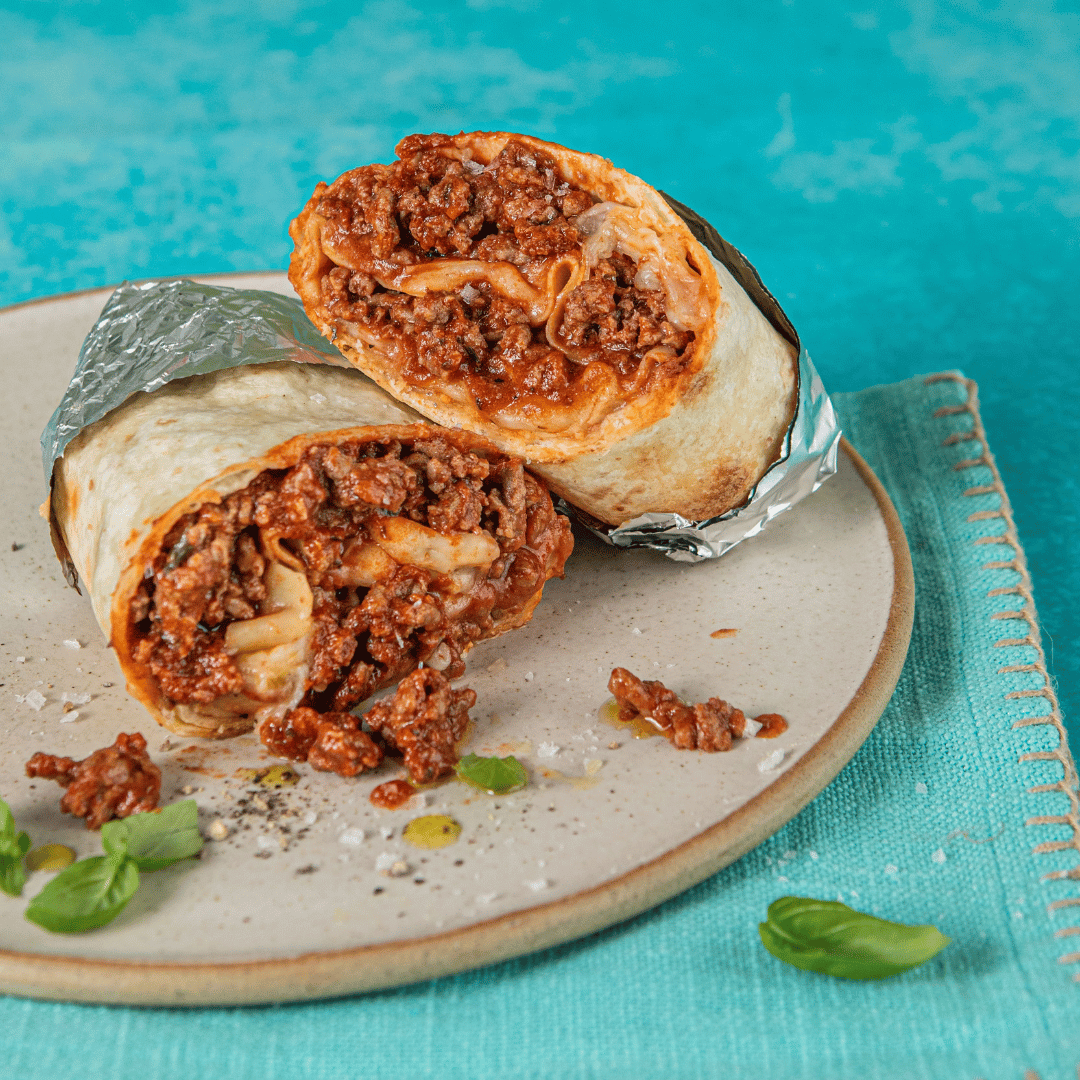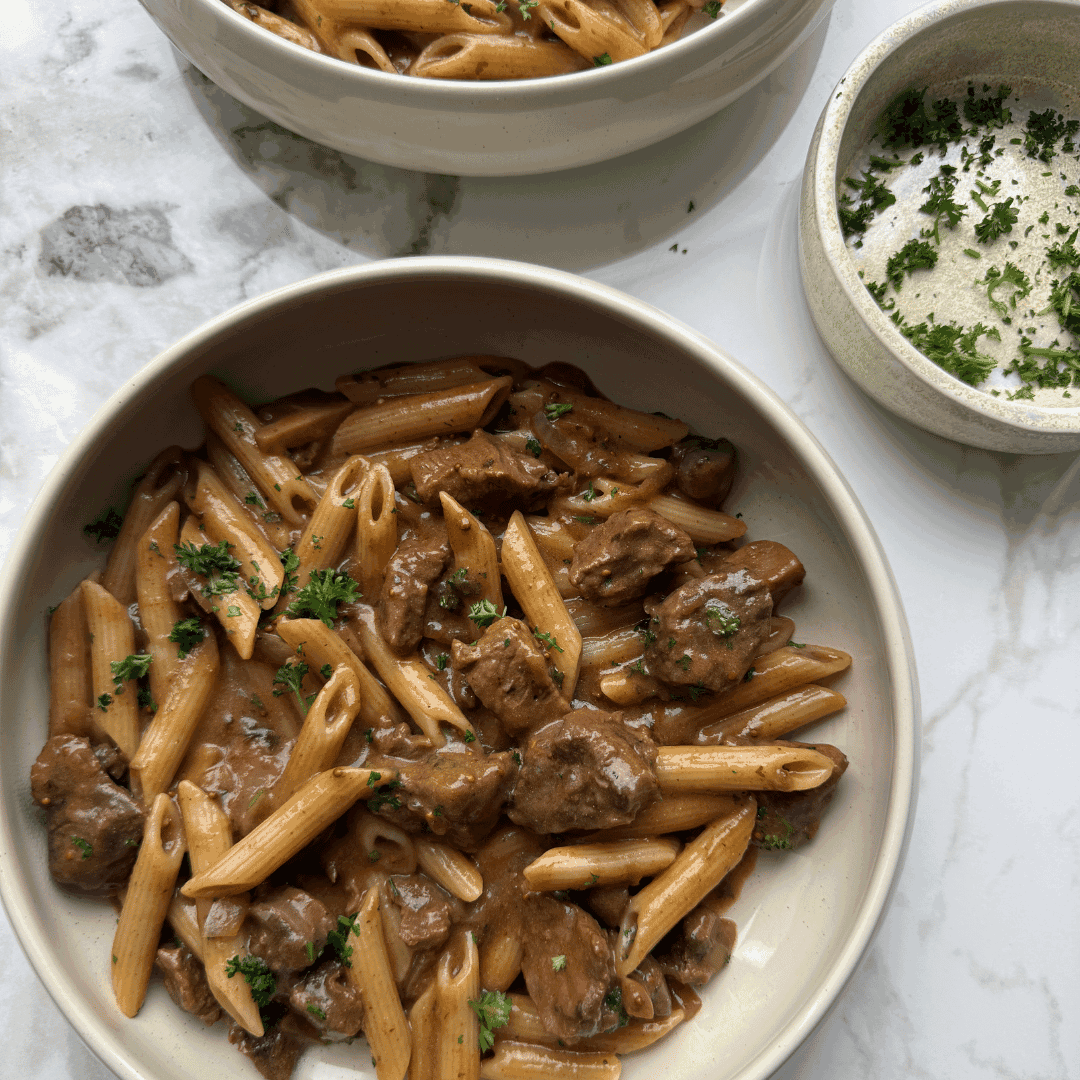OUT NOW: Bored of Lunch 12 Week Meal Planner 📝
BUY NOWBlog / Are Slow Cooker Recipes Healthy?
Are Slow Cooker Recipes Healthy?
Slow cookers have become a staple in many kitchens, offering convenience and the promise of delicious meals with minimal effort. But as health-conscious eaters, we often wonder: are slow cooker recipes actually healthy? Let’s dive into this topic and explore the nutritional aspects of slow cooking.
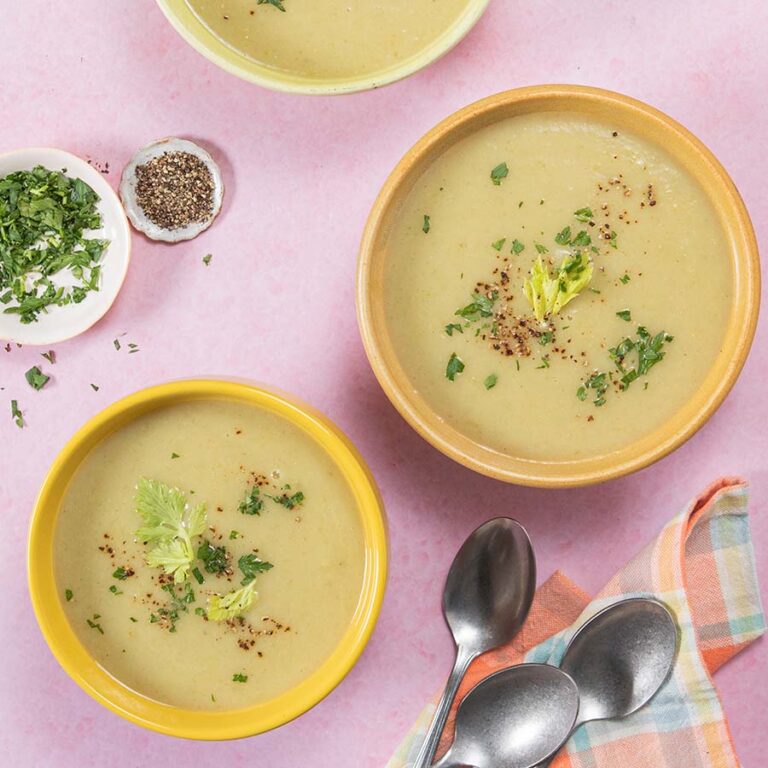
The Basics of Slow Cooking
Slow cookers, also known as crock pots, are countertop electrical appliances that simmer food at a low temperature for several hours. This method of cooking has been popular since the 1970s, and for good reason. It’s incredibly convenient, allowing busy people to prepare meals with little hands-on time.
Nutritional Benefits of Slow Cooking
Retention of Nutrients
One of the primary health benefits of slow cooking is its ability to retain nutrients in food. Unlike high-heat cooking methods that can destroy some vitamins and minerals, slow cooking preserves these valuable nutrients1. The gentle, low-temperature cooking process helps maintain the integrity of vitamins and minerals in vegetables, meats, and other ingredients.
Less Added Fat
Slow cooker recipes often require less added fat compared to other cooking methods. The moist environment inside the slow cooker helps keep foods tender without the need for excessive oil or butter. This can be particularly beneficial for those watching their fat intake or trying to maintain a healthy weight.
Increased Vegetable Consumption
Many slow cooker recipes incorporate a variety of vegetables, making it easier to increase your daily intake of these nutrient-rich foods. Vegetables cook down and become tender in the slow cooker, often blending seamlessly into stews, soups, and casseroles. This can be especially helpful for those who might not typically enjoy eating vegetables on their own.
Healthy Ingredient Choices
The healthiness of slow cooker recipes largely depends on the ingredients you choose. Opting for lean meats, plenty of vegetables, and wholesome grains can make your slow cooker meals nutritious and balanced.
Lean Proteins
Slow cookers are excellent for preparing lean proteins such as chicken breast, turkey, and lean cuts of beef. These proteins provide essential amino acids without excessive saturated fat. The slow cooking process helps keep these leaner cuts of meat tender and flavourful.
Legumes and Pulses
Beans, lentils, and other pulses are perfect for slow cooker recipes. They’re high in fibre and plant-based protein, making them an excellent choice for vegetarian and vegan slow cooker meals. The long cooking time ensures these ingredients are thoroughly cooked and easily digestible.
Whole Grains
Incorporating whole grains like brown rice, quinoa, or barley into your slow cooker recipes can boost the fibre content of your meals. These grains also provide essential vitamins and minerals, contributing to a well-rounded, nutritious dish.
Potential Health Concerns
While slow cooker recipes can be very healthy, there are a few potential concerns to be aware of:
Sodium Content
Many slow cooker recipes call for canned or pre-packaged ingredients, which can be high in sodium. To keep your meals healthier, opt for low-sodium versions of these ingredients or use fresh alternatives when possible.
Overcooking Vegetables
While slow cooking is generally gentle on nutrients, extremely long cooking times can lead to some loss of water-soluble vitamins, particularly in vegetables. To mitigate this, you can add more delicate vegetables towards the end of the cooking time.
Fatty Meat Choices
Some traditional slow cooker recipes call for fattier cuts of meat. While these can be delicious, they’re not always the healthiest choice. Opting for leaner cuts and trimming visible fat can make your slow cooker meals healthier.
Tips for Healthier Slow Cooking
To ensure your slow cooker recipes are as healthy as possible, consider these tips:
Use Fresh Ingredients
Whenever possible, use fresh ingredients rather than canned or processed ones. This allows you to control the amount of salt and avoid unnecessary additives.
Trim Excess Fat
Before adding meat to your slow cooker, trim off any visible fat. This simple step can significantly reduce the overall fat content of your meal.
Add Plenty of Vegetables
Don’t be shy with vegetables in your slow cooker recipes. They add nutrients, fibre, and flavour without significantly increasing the calorie content of your meals.
Use Herbs and Spices
Instead of relying on salt for flavour, experiment with herbs and spices. These can add depth and complexity to your dishes without the need for excessive sodium.
Skim Off Fat
If you’re cooking a dish that produces a lot of fat, such as a meat-based stew, let it cool slightly and skim the fat off the top before serving.
Healthy Slow Cooker Recipe Ideas
While we won’t provide specific recipes here, there are many types of healthy dishes you can prepare in your slow cooker:
Conclusion
In conclusion, slow cooker recipes can indeed be very healthy. The key lies in choosing nutritious ingredients and being mindful of added fats and sodium. Slow cooking offers the benefits of nutrient retention, convenience, and the ability to create delicious, balanced meals with minimal effort.
By focusing on lean proteins, plenty of vegetables, and wholesome grains, you can create slow cooker meals that are not only convenient but also contribute positively to your overall health and wellbeing. So go ahead, dust off that slow cooker, and start experimenting with healthy, delicious recipes that will nourish your body and satisfy your taste buds.
Remember, the slow cooker is a tool, and like any tool in the kitchen, its health benefits depend on how you use it. With a bit of knowledge and creativity, your slow cooker can become an invaluable ally in your journey towards healthier eating.
Join the newsletter
Subscribe to the BoL newsletter for exclusive recipes, exciting competitions, and much more!
